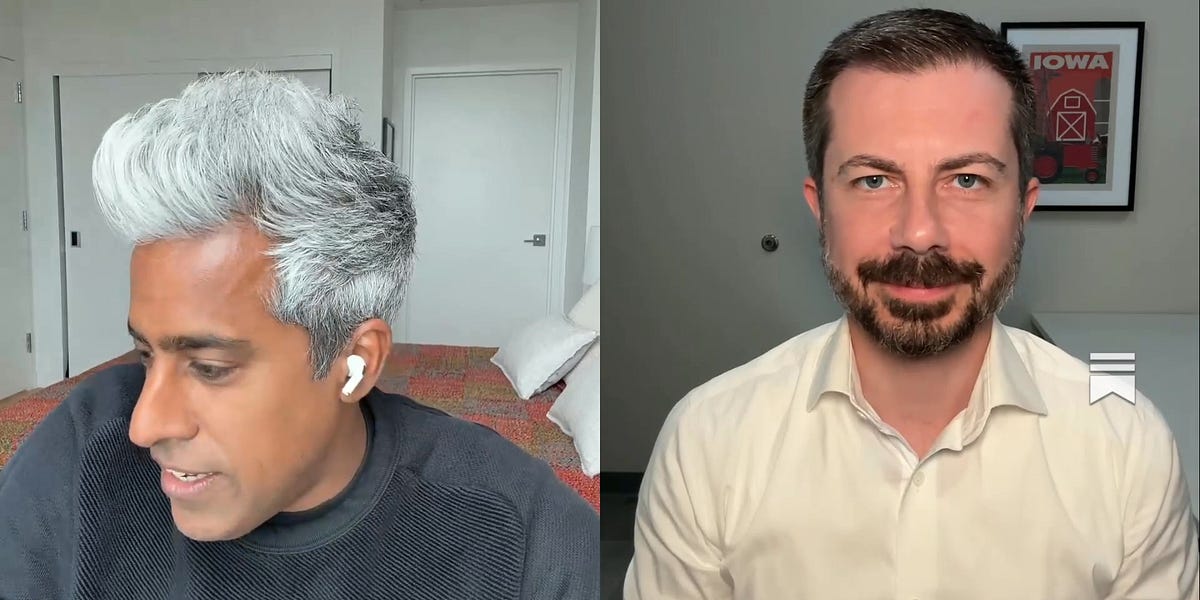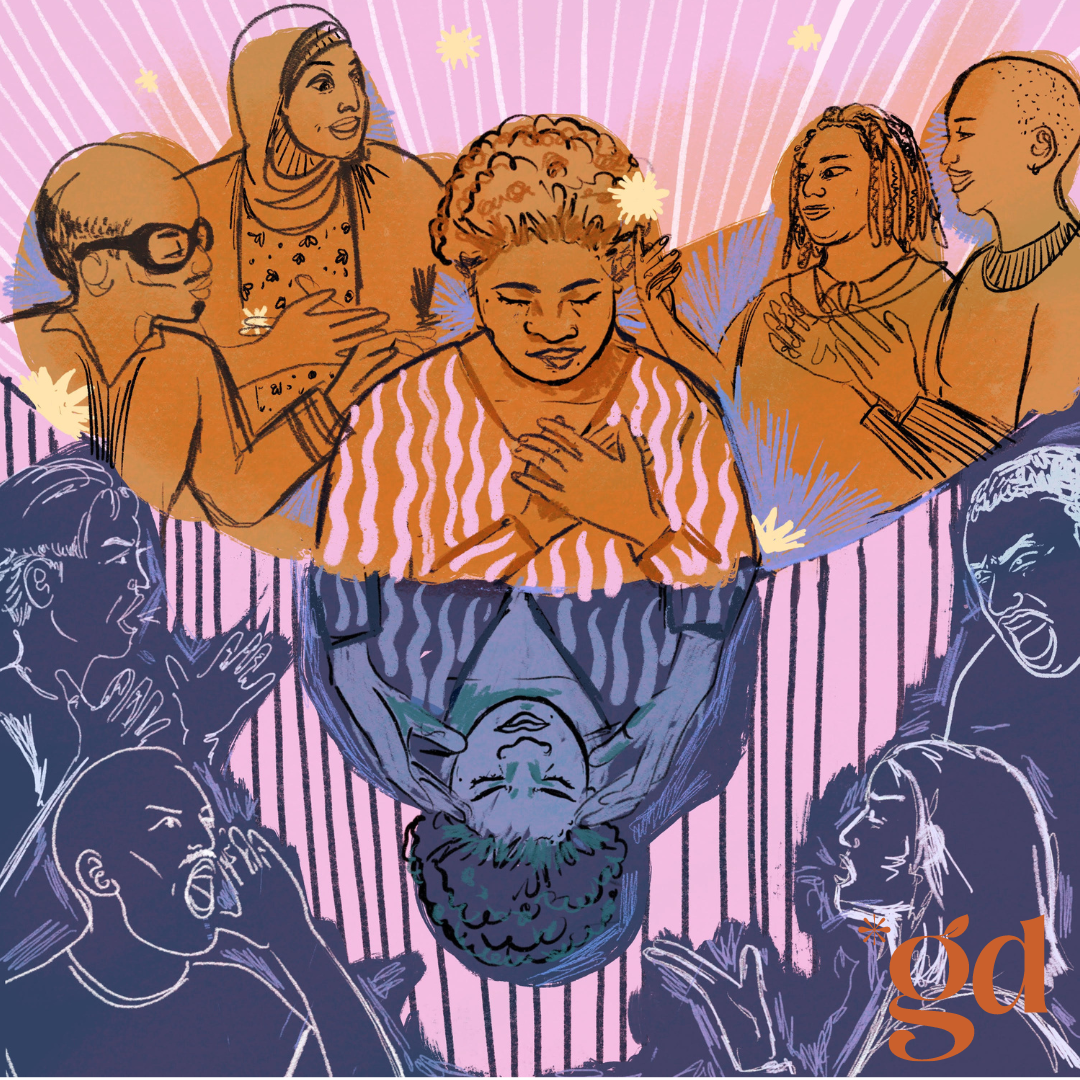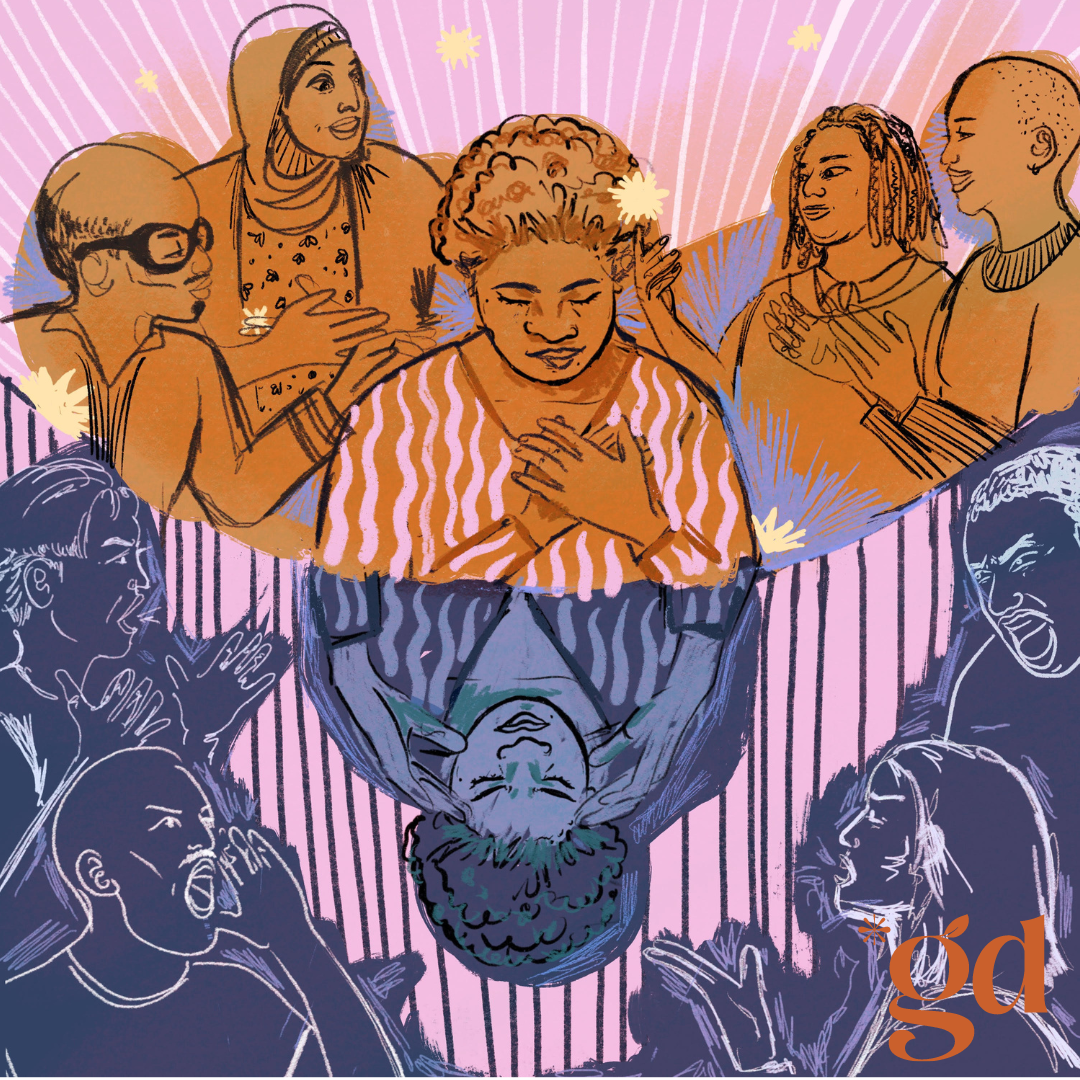## Can You “Win” at the Global Game of Inequality? Anand Giridharadas Wants to Know.
We gamers love a good challenge, right? Conquering impossible levels, outsmarting cunning AI, and achieving victory against all odds. But what if the real world was the ultimate game, and the stakes were the well-being of humanity?

Anand Giridharadas, in his provocative documentary “Steps toward an abundant world,” dives deep into this question, asking us to confront the harsh realities of global inequality and explore how we can rewrite the rules for a more just and equitable future.

The Paradox of Elite Generosity

In a world where philanthropy is often lauded as a means to address societal problems, a deeper examination of the phenomenon reveals a paradoxical nature. On one hand, elite generosity can indeed lead to meaningful change and improvement in the lives of marginalized communities. However, a closer look at the mechanisms driving this generosity raises questions about the potential for philanthropy to perpetuate existing structures of power.
As Anand Giridharadas, author of “Winners Take All: The Elite Charade of Changing the World,” points out, the concentration of wealth and power among a small elite class creates an environment where philanthropy becomes a convenient means to maintain and reinforce existing social hierarchies. By donating to causes that benefit marginalized communities, the ultra-rich can project an image of benevolence while simultaneously protecting their own interests and privileges.
A striking example of this phenomenon is the relationship between Elon Musk, the billionaire entrepreneur, and Twitter. Musk’s acquisition of the social media platform has raised concerns about the potential for concentrated power to shape public discourse and suppress dissenting voices. As Giridharadas notes, Musk’s track record on issues such as racism, disinformation, and bullying suggests that his philanthropic efforts may be motivated more by a desire to project a positive image rather than genuinely address these problems.

The Dangers of Concentrated Power
When a small group of individuals holds immense power and influence, the potential for abuse and manipulation of the system becomes significant. This concentration of power can lead to the suppression of dissenting voices, the manipulation of information, and the perpetuation of existing social hierarchies.
The consequences of concentrated power can be seen in the way problems are identified and solutions are chosen by those at the top. As Giridharadas argues, the inherent biases in this process can result in solutions that benefit the elite at the expense of marginalized communities. This can create a self-reinforcing cycle where the ultra-rich continue to accumulate power and wealth, further entrenching their position at the top of the social hierarchy.

The Reinvention of the “Do-Gooder”
The philanthropic efforts of the ultra-rich can also be seen as a means to bolster personal reputations and maintain social capital. By donating to high-profile causes or supporting “good” causes, the wealthy can project an image of benevolence and concern for social justice, while simultaneously protecting their own interests and privileges.
This phenomenon is often referred to as the “reinvention of the ‘do-gooder,'” where philanthropy becomes a means to showcase one’s commitment to social justice while maintaining the existing social hierarchy. As Giridharadas notes, this can create a false sense of progress, where the ultra-rich appear to be addressing social problems while simultaneously perpetuating the systems that create these problems.
The Illusion of Choice
The philanthropic efforts of the ultra-rich can also create a false sense of choice, where individuals are led to believe that they have agency in shaping the course of social change. However, as Giridharadas argues, this illusion of choice can be a clever marketing ploy, where the ultra-rich present themselves as heroes of social change while maintaining control over the narrative and the outcomes.
This illusion of choice can be seen in the way philanthropic efforts are presented as solutions to complex social problems. By framing philanthropy as a means to address issues such as poverty, inequality, and climate change, the ultra-rich can create a sense of urgency and importance around their efforts, while simultaneously distracting from the need for systemic change.
Gamifying Change: A Call to Action for a More Equitable Future
In contrast to the elitist approach to philanthropy, a more equitable approach to social change can be seen in the way alternative approaches to addressing social problems prioritize collective action and systemic solutions. By involving marginalized communities in the decision-making process and prioritizing their needs and interests, this approach can create a more inclusive and equitable process of social change.
Beyond Charity
One key aspect of an equitable approach to social change is the recognition that charity is not a sufficient solution to complex social problems. By framing philanthropy as a means to address issues such as poverty and inequality, the ultra-rich can create a sense of urgency and importance around their efforts, while simultaneously distracting from the need for systemic change.
A more equitable approach recognizes that social change requires a broader set of solutions that address the root causes of these problems, rather than simply treating the symptoms. By prioritizing collective action and systemic solutions, this approach can create a more inclusive and equitable process of social change that benefits marginalized communities.
Building a More Inclusive World
Another key aspect of an equitable approach to social change is the recognition that technology, data, and community engagement can play a critical role in creating a more inclusive and equitable world. By leveraging these tools and resources, marginalized communities can gain greater access to information, resources, and opportunities, and can be more effectively involved in the decision-making process.
As Anand Giridharadas notes, the potential for technology to create a more inclusive and equitable world is vast, but it requires a shift in the way we think about philanthropy and social change. Rather than relying on the ultra-rich to drive social change, we need to prioritize collective action and systemic solutions that involve marginalized communities and prioritize their needs and interests.
Unleashing the Power of the Many
Finally, an equitable approach to social change recognizes that the power to create change lies not with the ultra-rich, but with the many. By empowering individuals to become agents of change and challenging the status quo, we can create a more inclusive and equitable process of social change that benefits marginalized communities.
As Giridharadas notes, this requires a fundamental shift in the way we think about power and social change. Rather than relying on the ultra-rich to drive social change, we need to prioritize collective action and systemic solutions that involve marginalized communities and prioritize their needs and interests.
Conclusion
Anand Giridharadas’s “Steps toward an Abundant World” lays bare a stark reality: our current economic system, while seemingly productive, is built on a foundation of inequity and scarcity. He argues that the pursuit of infinite growth for a finite planet is a dangerous illusion, and that true abundance lies not in accumulating more, but in sharing more. Giridharadas spotlights the work of those who are actively challenging this paradigm, pushing for a future where technology and innovation are harnessed not to benefit the few, but to uplift all of humanity.
The implications of Giridharadas’s message are profound. If we truly believe in a future where everyone has access to the basic necessities of life, where education and healthcare are considered fundamental rights, and where environmental sustainability is paramount, then we must be willing to dismantle the structures that perpetuate inequality. This requires a fundamental shift in our mindset, from a culture of competition and individualism to one of collaboration and shared prosperity. It means reimagining our economic systems, challenging outdated notions of success, and embracing new models that prioritize people and planet over profit.
Giridharadas’s call to action is clear: we can choose to perpetuate a system that leaves billions behind, or we can build a world where abundance is not a privilege, but a birthright. The future we create will depend on the choices we make today. Let us choose wisely. Let us choose abundance.